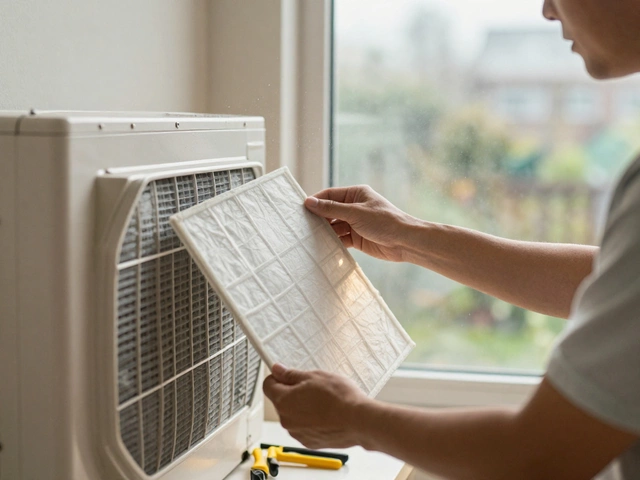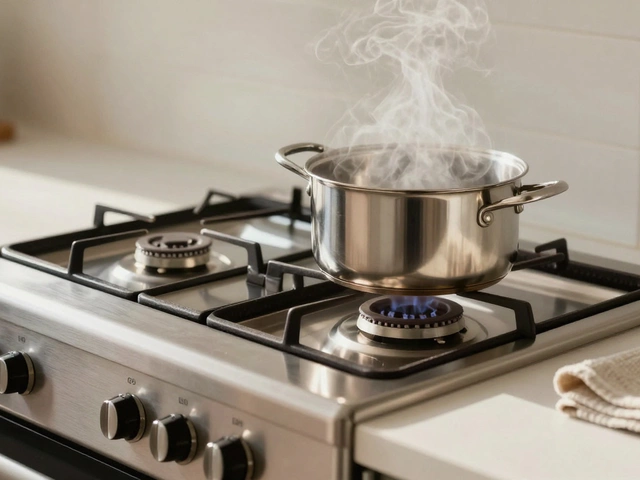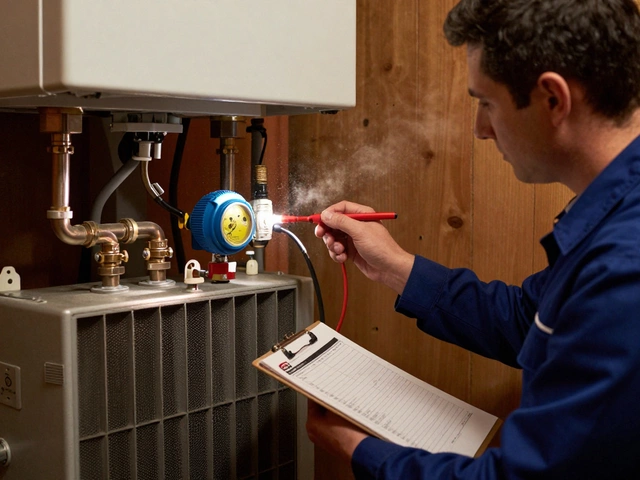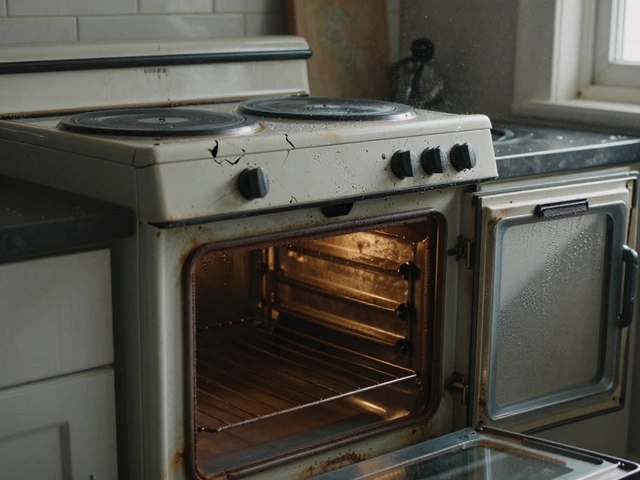Signs Your Boiler Needs Replacing
If your boiler is acting up, it’s easy to think a quick fix will sort it out. But sometimes the problem is bigger – the whole unit may be ready to retire. Knowing the warning signs can save you from a sudden breakdown, expensive emergency calls, and wasted money on patches that won’t hold.
Common Warning Signs
First up, look for age. Most boilers last between 10 and 15 years. If yours is older than that, start paying extra attention. Frequent repairs are another red flag. One fix a year might be normal, but if you’re calling a technician every few months, the cost of repairs can quickly outpace a new boiler’s price.
Noise is a big clue. Rattling, banging, or whistling sounds often mean scale build‑up, a failing pump, or a cracked heat exchanger. These issues are hard to cure permanently and usually signal that the internal parts are wearing out.
Uneven heating or rooms that stay cold even when the thermostat is on are also signs. When a boiler can’t maintain consistent temperature, it’s often because the burner or circulation system is struggling. That inefficiency hikes up your energy bills and points to deeper wear.
Watch the water pressure gauge. If it drops suddenly or stays low despite refilling, you could have a leak or a weakening pressure valve – both are costly to fix in an aging system. And don’t ignore a sudden spike in your gas or electricity usage; a sputtering boiler works harder and costs you more.
What to Do Next
When you notice any of these symptoms, schedule a professional inspection. A qualified engineer can run a safety check, test the efficiency, and give a clear verdict on whether repair or replacement makes sense.
If the estimate for fixing the boiler is more than half the price of a new unit, replacement is usually the smarter choice. New boilers are far more energy‑efficient, which means lower bills and a smaller carbon footprint.
Before you buy, compare fuel types – gas, oil, or electric – and pick the one that matches your home’s setup and your budget. Look for models with a good warranty and high efficiency ratings; they’ll pay for themselves over time.
Finally, plan the installation for a time when you won’t need hot water or heating for a few hours. A professional will handle the removal, disposal, and safe connection of the new boiler, giving you peace of mind that the job is done right.
Spotting the signs early and acting fast keeps your home warm, safe, and affordable. Don’t wait for a complete failure – check those noises, pressures, and repair counts, and decide if it’s time for a fresh start with a new boiler.
Boiler Life Expectancy: How Long Should You Expect Yours to Last?
- Alden Wilder
- Jun 5 2025
- 0 Comments
Curious how long a boiler should last before it conks out? This article breaks down the typical life expectancy of gas, oil, electric, and combi boilers with real numbers. You'll get practical tips on making your boiler last longer, uncover real-world causes for early breakdowns, and learn the warning signs that scream it's time to replace. Whether you're a homeowner or a renter, this is your no-nonsense guide to boiler longevity.
View More




